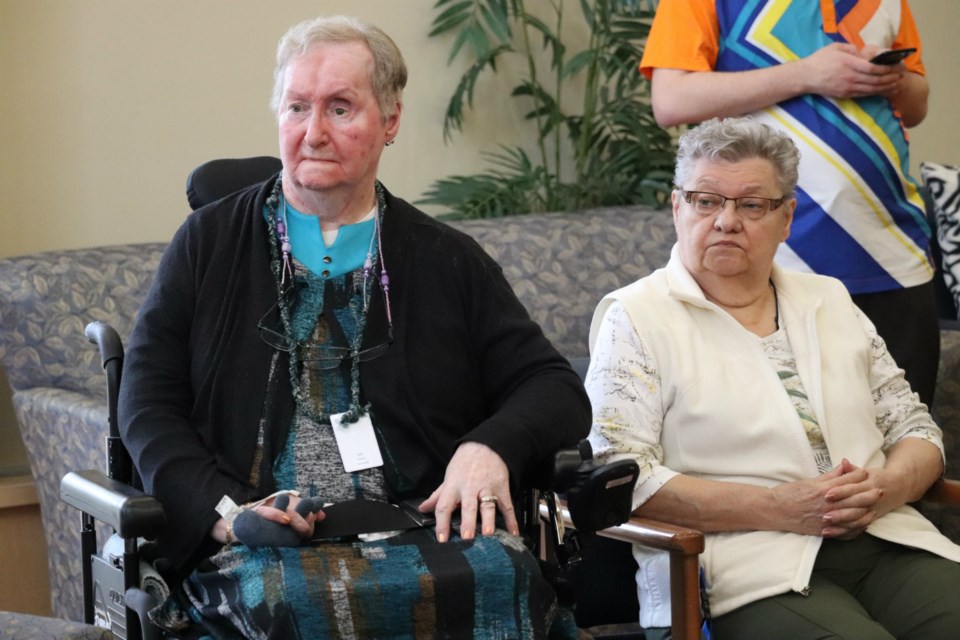The Canadian Centre for Policy Alternatives (CCPA) is calling for a reset on B.C.’s seniors care system after COVID-19 swept through two dozen long-term care facilities, claiming multiple lives.
Simon Fraser University professors Kendra Strauss and Andrew Longhurst said in a policy note that care homes fast became outbreak epicenters due not only to seniors’ disease vulnerability but also to how care is organized and staffed.
“This crisis has exposed the long-term impacts of policies aimed at cutting costs and expanding the role of for-profit companies in B.C.’s seniors care sector, which has led to contracting out, precarious working conditions and low pay, understaffing and reduced access to publicly funded care,” Strauss said.
The province issued a single-site care order April 9, preventing staff from working in more than one care facility.
The CCPA called the prior situation the result of erosion of wages and working conditions dating back two decades.
“In mere weeks, the B.C. government is trying to fix workforce instabilities brought about over years of labour policy deregulation and business practices intended to drive profits. These policy decisions were championed by care companies and corporate chains.”
Even with a fix in the works with a price tag in the millions, the CCPA said there couldn’t be a return to the status quo.
Strauss and Longhurst said sub-contracting at facilities must stop, home operators should be part of public sector master agreements to receive public funding and that, in the long term, Victoria needs a capital plan to build new care infrastructure and acquire for-profit-owned facilities.
“B.C.’s longstanding policy approach has allowed corporations and their investors to build up large real estate portfolios on the public dime, while receiving public funding that assumes they are paying unionized wages when many in fact are not,” Longhurst said.
The professors called further for improved transparency, public reporting and accountability in the sector.
They also cautioned against using public funds to bail out seniors care corporations. They said COVID-19’s impact on global financial markets would be widespread.
“The B.C. government should be prepared for the possible financial collapse of for-profit seniors’ facilities and chains and should take them over, they said.
A February report from the Office of the Seniors Advocate of B.C. said the system lacks transparency, and that between 2016-2018:
- The industry generated $1.4 billion in revenue of which $1.3 billion came from public funding – with $37 million in profits
- Expenditures and profits weren’t evenly distributed between care homes with a distinct difference based on type of ownership
- For-profit homes failed to deliver 207,000 funded direct care hours
- For-profit care homes generated 12 times the amount of profit generated in the not-for-profit sector, $34.4 million versus $2.8 million



